Traveling into the great outdoors in a travel trailer offers a sense of freedom and adventure that few other experiences can match. However, ensuring your trailer is equipped with the proper equipment, especially when it comes to propane tanks, is crucial for a safe and enjoyable journey. This article delves deeply into the standard sizes of travel trailer propane tanks, illuminating the various options available, their specifications, and practical considerations for effective usage.
The Role of Propane Tanks in Travel Trailers
Travel trailer propane tanks serve several essential functions:
- Cooking: Propane is commonly used as a fuel source for stoves and ovens, allowing for hot meals on the road.
- Heating: During colder months, propane can effectively power furnaces and heaters, keeping the living space comfortable.
- Refrigeration: Many travel trailers utilize propane-powered refrigerators, ensuring food stays fresh while away from electrical sources.
- Hot Water Supply: Propane can also heat water for showers and dishwashing, adding to the convenience of traveling.
Importance of Understanding Tank Sizes
Knowing the standard sizes of propane tanks is vital for:
- Compatibility: Ensuring your travel trailer can accommodate the selected tank size.
- Capacity Planning: Understanding how long a tank will last based on your usage.
- Safety: Complying with local regulations and safety standards related to propane storage and usage.
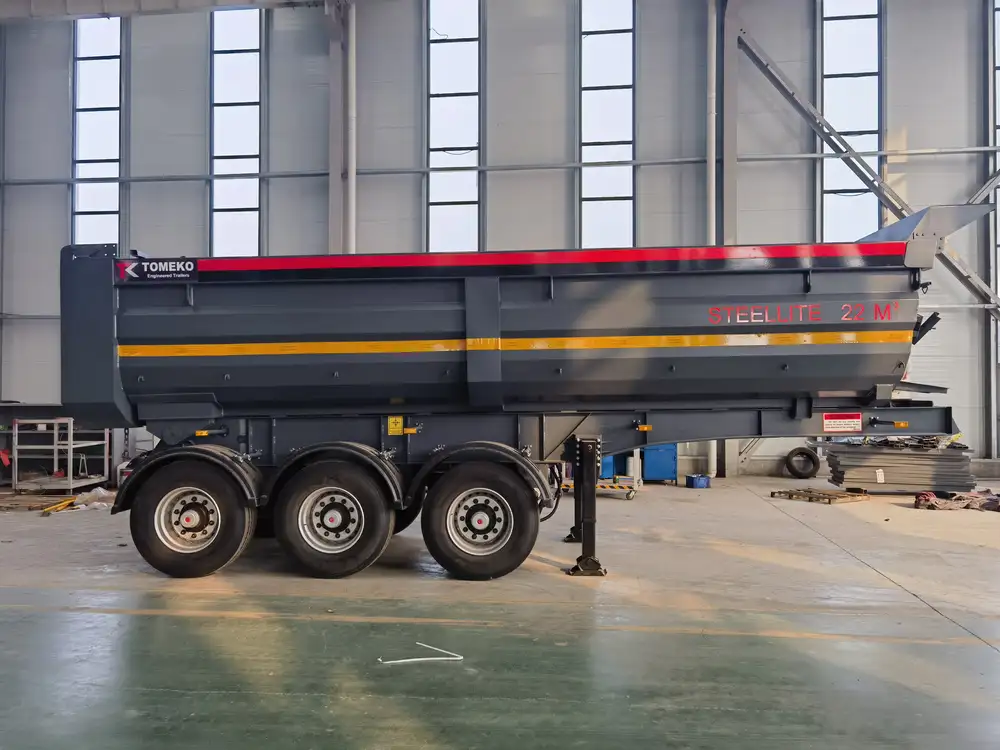
Standard Sizes of Propane Tanks
Common Tank Sizes
1. 20-Pound Propane Tank
- Dimensions: Approximately 18 inches high, 12 inches in diameter.
- Capacity: Holds about 4.6 gallons of propane.
- Usage: Ideal for small travel trailers and short camping trips. Typically powers cooking appliances and provides limited heating capabilities.
2. 30-Pound Propane Tank
- Dimensions: Roughly 24 inches high, 12-13 inches in diameter.
- Capacity: Contains about 7.1 gallons of propane.
- Usage: Perfect for mid-sized trailers, offering extended usage for heating and cooking.
3. 40-Pound Propane Tank
- Dimensions: Approximately 27 inches high, 12 inches in diameter.
- Capacity: Around 9.4 gallons of propane.
- Usage: Suited for longer trips and larger travel trailers, supporting a variety of appliances simultaneously.
4. 100-Pound Propane Tank
- Dimensions: Roughly 48 inches high, 14 inches in diameter.
- Capacity: Holds about 23.6 gallons of propane.
- Usage: Commonly used in larger RVs or setups requiring extensive heating and cooking needs for extended periods.
| Tank Size | Height (inches) | Diameter (inches) | Capacity (gallons) | Typical Uses |
|---|---|---|---|---|
| 20 lbs | 18 | 12 | 4.6 | Small trailers, short trips |
| 30 lbs | 24 | 12-13 | 7.1 | Mid-size trailers, longer trips |
| 40 lbs | 27 | 12 | 9.4 | Larger trailers, extensive use |
| 100 lbs | 48 | 14 | 23.6 | RVs, long-term trips |
Factors Influencing Propane Tank Choice

Trailer Size and Capacity
The choice of propane tank largely depends on the size and capacity of your travel trailer:
- Small Trailers: Typically fit a single 20-pound tank.
- Medium and Large Trailers: May require two 30-pound or 40-pound tanks, depending on the appliances onboard.
Usage Patterns
Evaluate how frequently you deploy your travel trailer and the intensity of your usage:
- Occasional Weekend Trips: A smaller tank may suffice.
- Extended Road Trips: Larger tanks or a combination of sizes will likely be necessary.
Consideration of Local Regulations
Every state has specific regulations regarding propane usage, including:
- Tank sizes permitted.
- Installation guidelines.
- Refilling procedures.
Always check with local authorities or propane suppliers to ensure compliance.
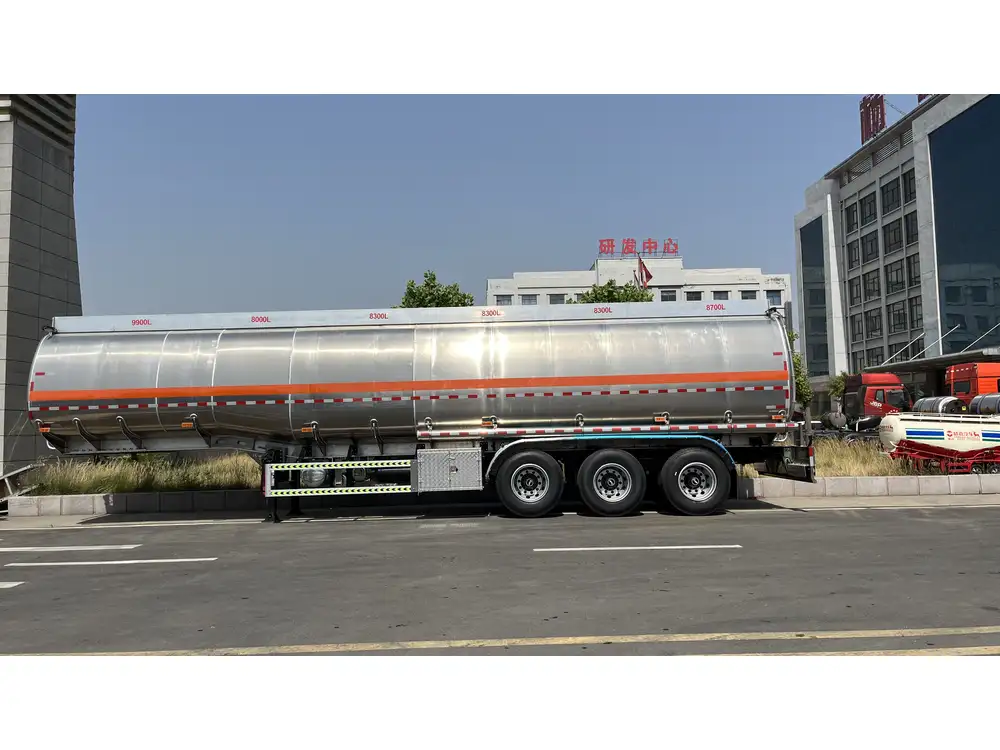
Propane Tank Safety and Maintenance
Understanding propane tank safety ensures that you and your travel companions have a secure and seamless experience.
Regular Inspections
Conduct regular inspections of your propane tanks, including:
- Check for leaks: Use a soapy water mixture to identify bubbling areas, indicating leakage.
- Inspect the tank condition: Look for rust, dents, or damage that could lead to failures.
Proper Connection Techniques
Ensure that connections to appliances are secure:
- Use only compatible hoses and fittings.
- When connecting or disconnecting tanks, ensure all controls are in the closed position.
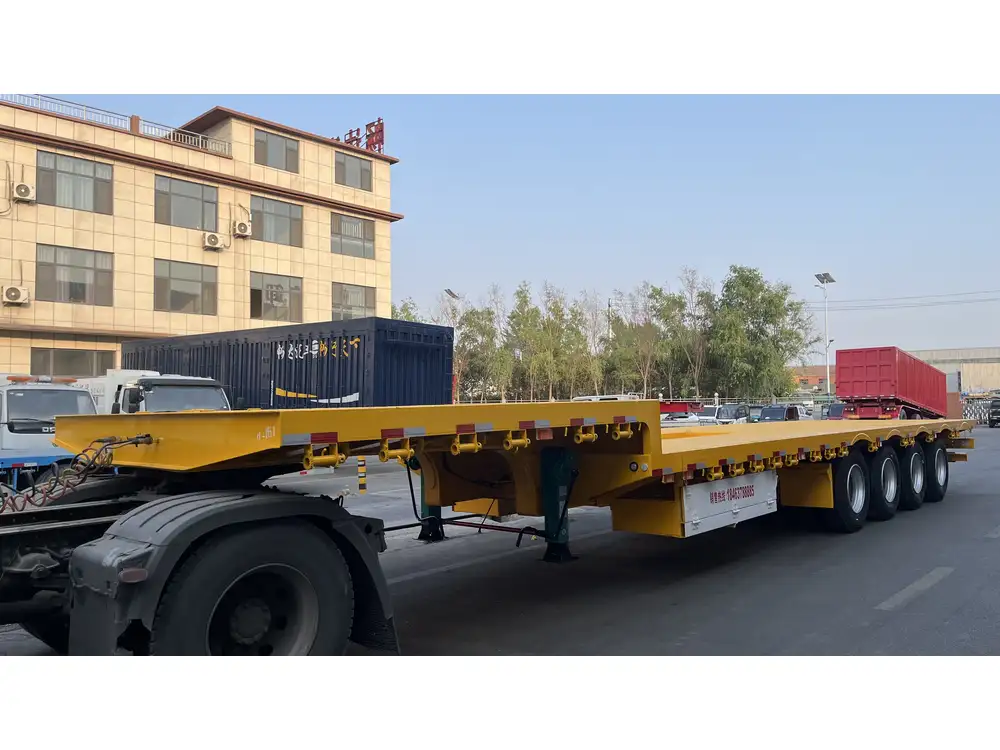
Refilling and Storage
Refilling propane can be straightforward, provided you stick to the following practices:
- Use only authorized refill stations.
- Store tanks upright in a well-ventilated area, protecting them from extreme temperatures.
Preparing for a Trip with Propane Tanks
Calculating Propane Needs
Estimating your propane needs can prevent unplanned shortages:
- Daily Usage Estimate: Add up the estimated usage of all propane-powered appliances.
- Travel Duration: Multiple your daily needs by the number of days on the road.
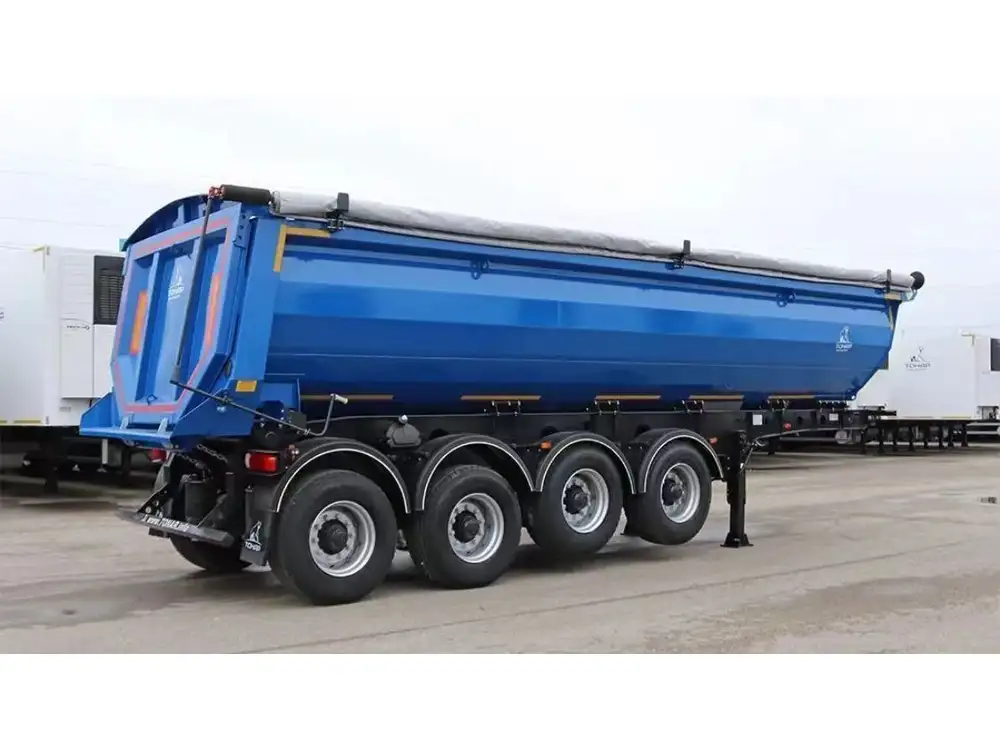
Connecting Tanks
- Dual Tank Systems: Many travel trailers come equipped with dual tank systems, allowing for simultaneous use and increased capacity.
- Automatic Changeover Valves: These devices can switch from one tank to the other automatically, ensuring a continuous supply without manual intervention.
Troubleshooting Common Propane Issues
Low Propane Levels
Sudden drops in heating or cooking performance may indicate low propane levels. Check gauges regularly, and replenish tanks as needed.
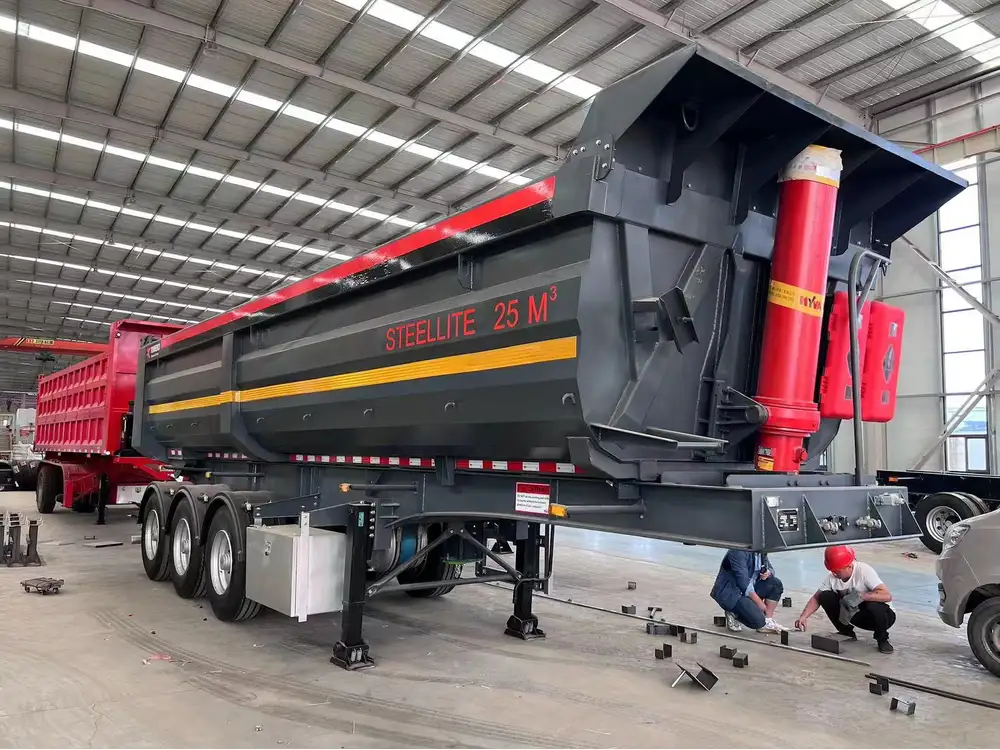
Uneven Cooking or Heating
If one burner is weaker than another:
- Check for blockages in the line.
- Inspect the regulator and replace if malfunctioning.
Ignition Problems
Propane appliances may fail to ignite due to several reasons:
- Ensure that the propane tank is turned on and has sufficient fuel.
- Inspect the igniter and clean any debris or dirt obstructing it.
Final Thoughts
Understanding the standard sizes of travel trailer propane tanks is crucial for both the enjoyment of your travels and your overall safety. Proper tank selection enhances your trailer’s functionality and ensures your comfort while on the road.
By assessing your travel trailer’s size and your specific propane needs, you can choose the right tank that suits your journeys. Always prioritize safety and compliance with local regulations, and conduct regular maintenance to minimize issues that can disrupt your travel experience.
Equipped with this knowledge, you’re ready to hit the road confidently, knowing that your travel trailer has a reliable propane system in place!



